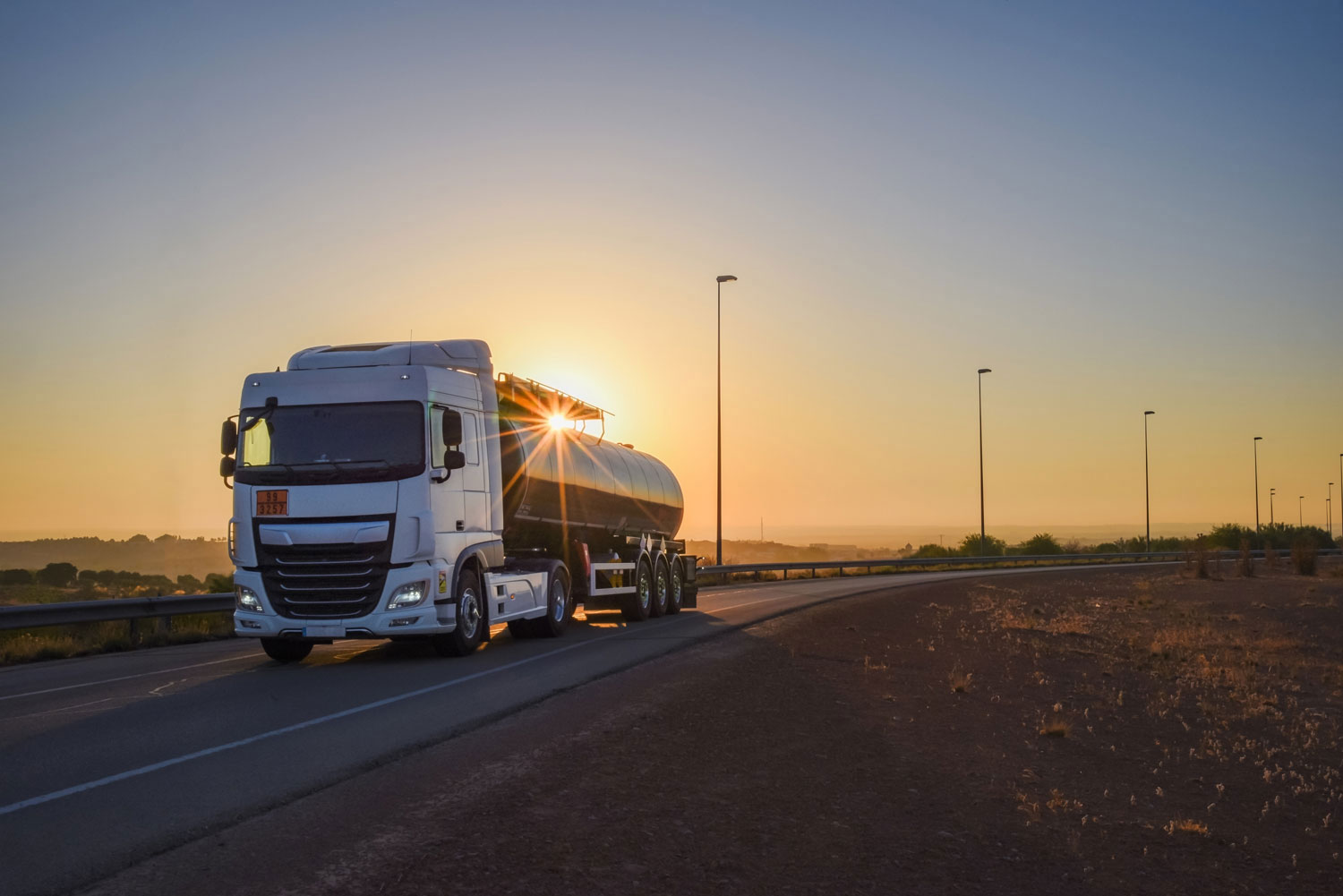
With an area of 312,685 sq. km, and a population of over 38.5 million, Poland is the fifth most populous member of EU. Poland serves as the geographical and cultural crossroads of Eastern and Western Europe. Located in the east-central part of the country, Warsaw is the capital and the largest city of Poland. It is also the administrative, cultural and economic centre of the country. Warsaw is the seventh most populous capital city in EU.
Abnormal Road Movements
The Polish system for abnormal transport is, in principle, simple. There are three types of roads and seven categories of exemptions. Roads are approved for 8, 10 or 11.5 tonnes per axle. Exemptions are classified into Category 1 to 7.
In Poland, vehicles with an exemption in Categories 1 to 6 are allowed on the road during the day as well as the night.
Category 7 is an individual exemption. It includes an assessment whether the journey can take place during the day or night and how many escort vehicles are needed. If the height exceeds 4.3 metres, a route survey must be carried out. The transport operator must submit a written confirmation showing that the route survey has been carried out. In that case, a height of up to 5 metres will be permitted.
Vehicles exceeding the weights and dimensions must apply for a special authorisation which is available by contacting the http://www.gddkia.gov.pl/1062/gddkia-website
Vehicles exceeding 3.5 metres in width must have an escort; Vehicles exceeding 4.5 metres in height must have a Police escort.
All abnormal load operators will require a keeper’s certificate to prove ownership of the trailer, which must be carried as part of the vehicle documents at all times.
EU Directive – Within the European Union (EC), the Council Directive 96/53/EC gives information about the permissible dimensions and weights for road vehicles in international traffic. Vehicle combinations (trucks with ordinary trailers or semi-trailers) which comply with the criteria specified here may travel on roads within the EU without a special permit. The size and weight limits set by the Council Directive are summarised in the tables at the link here
Carriage of Dangerous Goods
The main competent authority is:
Ministry of Infrastructure Department of Road Transport
ul. Chałubińskiego 4/6
PL00928 Warszawa
Poland
Tel: +48 22 630 12 40
Fax: +48 22 630 12 02
E-mail: sekretariatDTD@mi.gov.pl
Class 7
National Atomic Energy Agency of the Republic of Poland
Bonifraterska 17 st
00-203 Warsaw
Poland
Tel. +48 22 556 28 00
Fax +48 22 621 37 86
Applications for approvals and notifications should be made to:
National Atomic Energy Agency of the Republic of Poland
Radiation Protection Department
Bonifraterska 17 st
00-203 Warsaw
Poland
Tel. +48 22 556 28 30
Fax +48 22 621 37 86
E-mail: sekretariat.dor@paa.gov.pl
Other Competent Authorities
Notification by Poland according to section 1.8.4 of the ADR
(English only – Updated February 2022)
If you are shipping dangerous goods, you must also complete a dangerous goods declaration. See guidance on moving dangerous goods
Heavy Goods Vehicles Road Tolls
At the time of writing (June 2022) there are two methods of paying for tolls for vehicles exceeding 3.5 t GVW.
Tolls for motorways and expressways for vehicles over 3.5 t
Weekend and public holiday Driving Bans
There is a driving ban for vehicles exceeding 12 t GVW from 25 June to 29 August on all roads:
Driving ban for vehicles and road trains exceeding 12 t GVW on all roads the evening before a public holiday between 18:00 and 22:00 hrs (except the 05 Jan, 24 Dec and31 Dec) as well as on public holidays between 08:00 and 22:00 hrs (except the 06 Jan).
Driver & Vehicle Documentation
Check what other vehicle documents and driver documents the driver needs to carry on international journeys.
Permits
Check which international road haulage permits you need.
Check which international road haulage permits you need – GOV.UK (www.gov.uk)
Find out how to apply for bilateral international road haulage permits and the rules you have to follow at the link below.
https://www.gov.uk/guidance/international-road-haulage-permits-for-some-non-eu-countries
To find out more about ECMT Permits, please visit the link below.
https://www.gov.uk/guidance/ecmt-international-road-haulage-permits
To find out more about ECMT International Removal Permits, please visit the link below.
https://www.gov.uk/guidance/international-road-haulage-removal-permits
Speed Limits for HGV’s over 3.5t
The following speed limits are applicable to HGVs:
Drink Driving
On January 1st 2022, the Polish Highway Code was fully updated with serious consequences for drivers flouting the law. One law, which changed concerned drink driving as follows:
For professional drivers it is 0.2mg per 100ml of Blood.
The punishment for drink driving are very high penalties imposed.
Other Items Required
In addition to required documents, motorists are also required by law to carry the following items when driving to avoid hefty on-the-spot fines:
Items you should not take into Poland
Be aware that you cannot take the following with you:
You cannot take the following unless you pay to have them inspected before you leave and get a ‘Phytosanitary certificate’:
Seat belts
Seat belts are mandatory.
In an emergency
112 – You can dial 112 from anywhere in Europe and an operator will connect you to an emergency service in the country you are visiting. Operators can answer your call in their native language, English or French.
Low Emission Zones
Poland has a number of Access Regulation Schemes in the main cities and a low emission zone in Krakow. For further information on LEZ’s
Transport Organisation
Polish Hauliers Association (ZMPD)
Jana Pawła II 78
00-175 Warsaw
Poland
Tel: +48 (22) 536 10 00
Email: mailto:sekretariat@zmpd.pl
Web: https://www.zmpd.pl/index.php
British Embassy
ul. Kawalerii 12
00-468 Warsaw
mazowieckie
Poland Telephone: +48 22 311 00 00 / +44 1908 51 6666